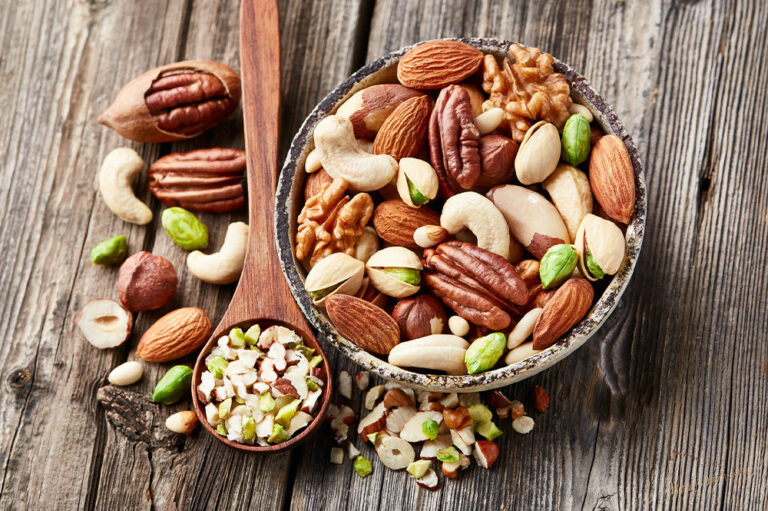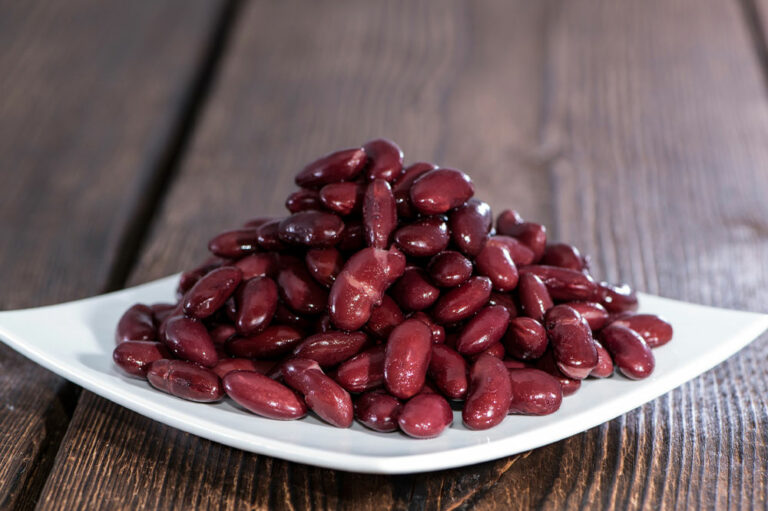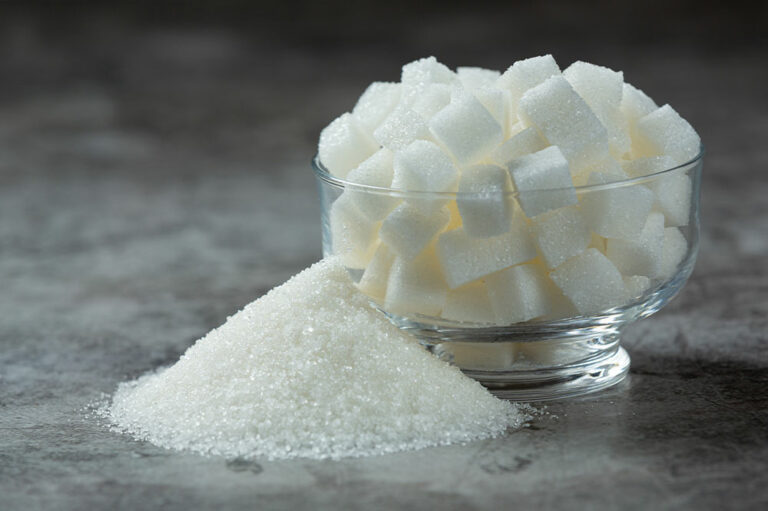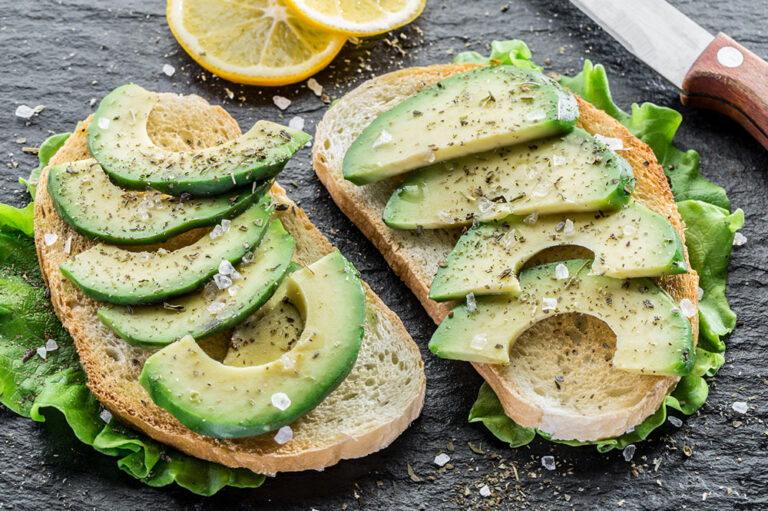
01
Keep away from these foods for managing hyperkalemia
Hyperkalemia is a condition in which the blood composition experiences a tremendous increase in potassium levels. According to a journal published in 2017 by the American Society of Nephrology, Hyperkalemia is most likely to affect a person who has been taking blood pressure medications for a long time or has been stricken by heart failure or/and kidney disease. Read this article to understand everything one needs to know about Hyperkalemia: Who is likely to get affected by Hyperkalemia? According to some studies, the average American doesn’t need to stress potassium build-up in their blood. However, patients affected by kidney disease, heart ailments, or high blood pressure must limit their daily potassium intake. Experts from National Kidney Foundation believe that patients belonging to the mentioned risk groups should have no more than 2,000 milligrams of potassium per day. Food to avoid for Hyperkalemia According to the University of Michigan Health System, high-potassium foods contain more than 200 milligrams per serving. So, for patients belonging to the high-risk groups, it is essential to look out and avoid the following high-potassium foods: Fruits rich in potassium The first fruit that comes to mind while listing potassium-rich foods is bananas. However, very few are aware that the amount of potassium in bananas is 420 per fruit, which is far less than 1/2 a cup of dried apricots, including over 750 milligrams, ½ a cup of prunes containing about 600 milligrams.
Read More 









